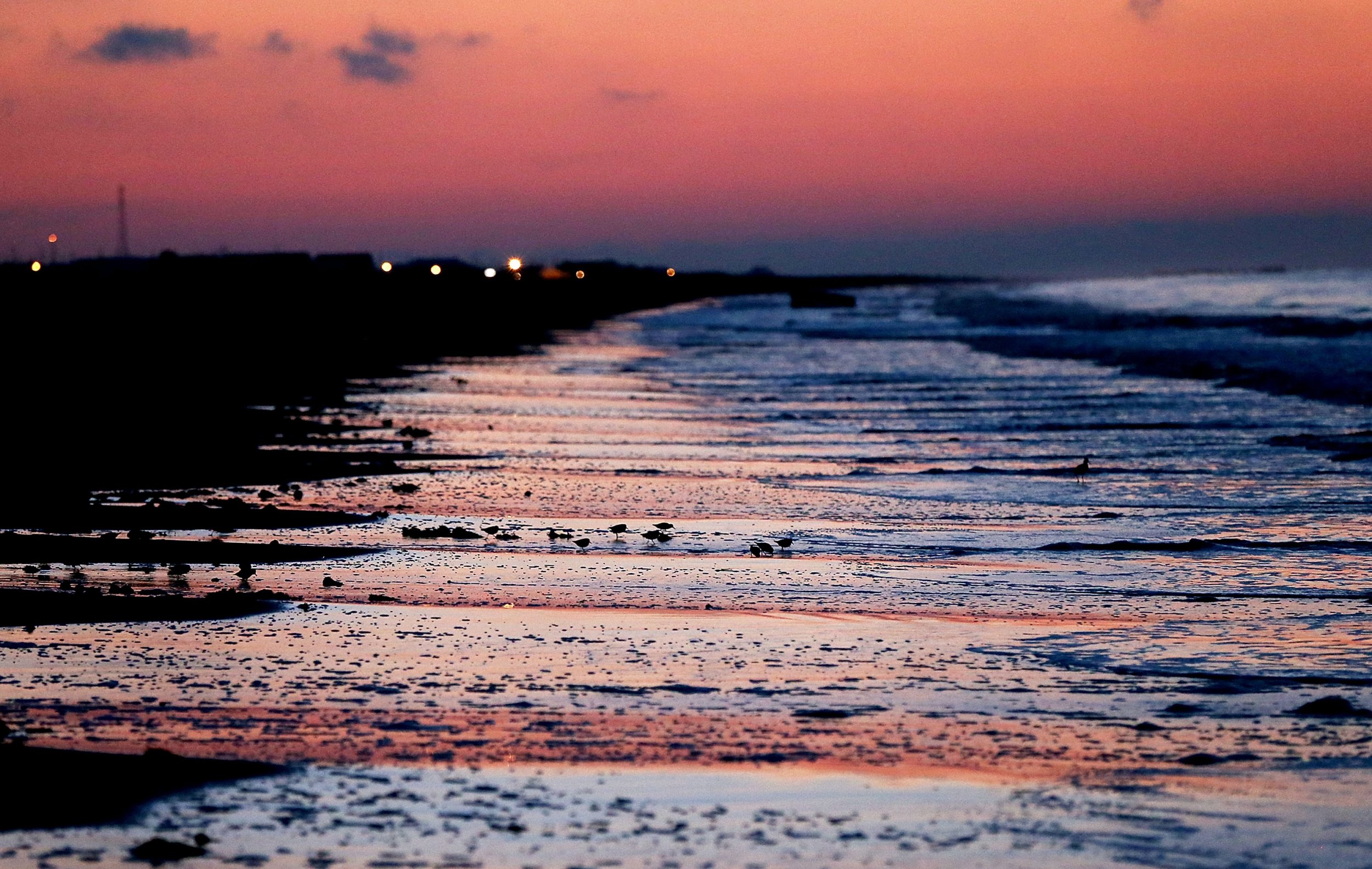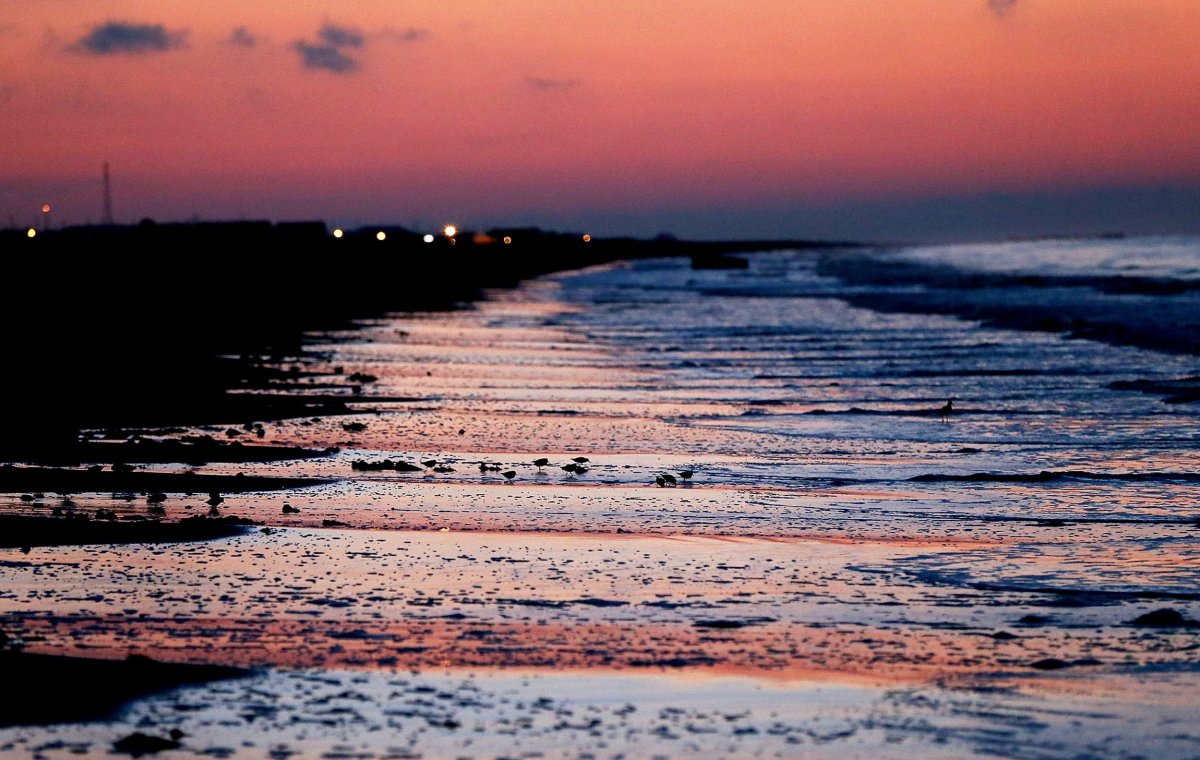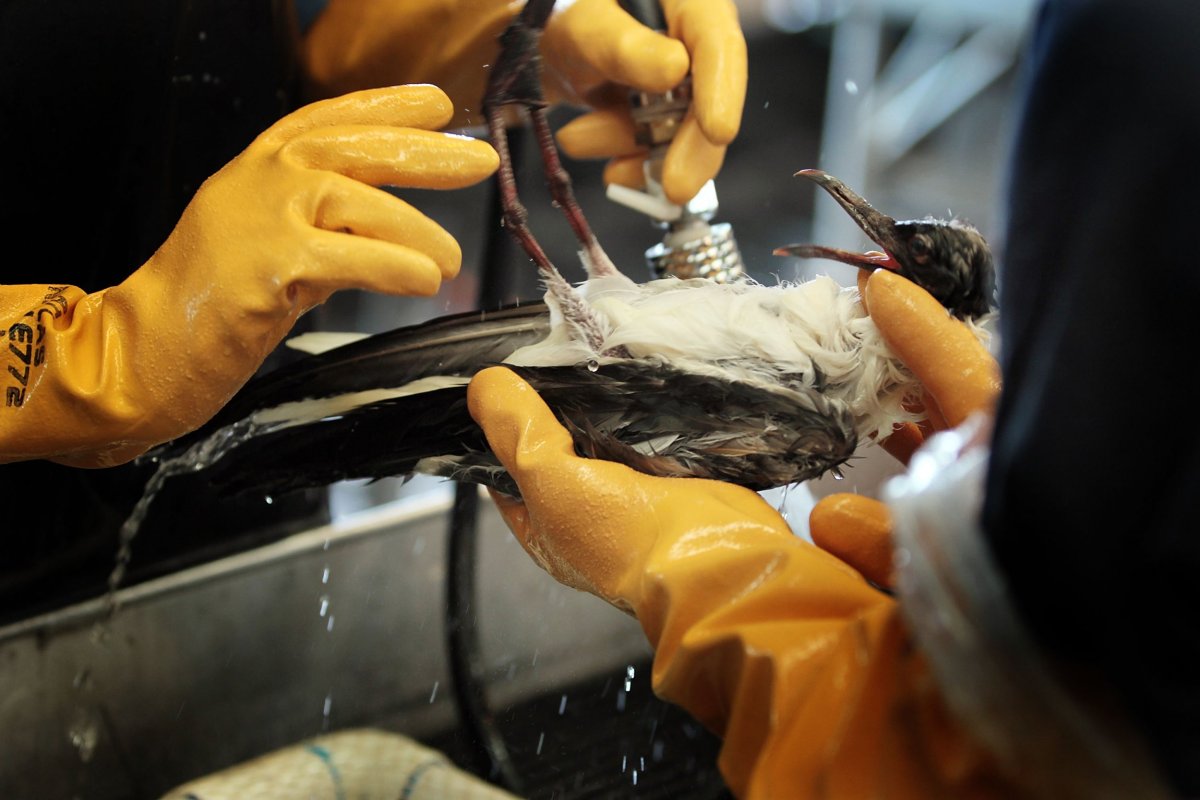
After leaking into the Gulf of Mexico for 14 years, an oil spill off the coast of Louisiana is likely to become the worst in U.S. history, according to The Washington Post.
In 2004, Hurricane Ivan caused a mudslide that sank an oil-production platform owned by Taylor Energy. The oil wells were not capped and continue to spill into the Gulf.
The U.S. Coast Guard estimated in 2015 that 16,000 gallons were flowing from the well into the surrounding water each day, the Orlando Sentinel reported.
Lawyers for the federal government said last month that between 10,000 and 30,000 gallons of oil are leaking from wells around the drilling platform each day.
With no plan to stop the flow of oil, the "the Taylor offshore spill is threatening to overtake BP's Deepwater Horizon disaster as the largest ever," according to The Washington Post.
"The reason for 'not plugging' fundamentally is monetary," Robert Bea, a professor of engineering and project management at the University of California, Berkeley, told Newsweek. "The wells are difficult to reach due to the mudslide effects [and] must be sealed individually. The costs must be borne by the state and federal governments."
Taylor Energy has argued that there is no evidence demonstrating the wells are leaking.

"There is abundant evidence that supports the fact that these reports from NRC are incorrect," Oscar Garcia-Pineda, who last month submitted an independent report on behalf of the Justice Department said.
The oil spill is part of a broader problem caused by storms. The Post reported that hurricanes "battered or destroyed" more than 150 platforms during a four year period beginning with Hurricane Ivan.
While the Gulf contains a wealth of oil—projections predict it will produce more than 600 million barrels in 2018—drilling is accompanied by frequent leaks. "For every 1,000 wells in state and federal waters, there's an average of 20 uncontrolled releases of oil—or blowouts—every year," the Post reported.
As the Taylor Energy leak continues, President Donald Trump has moved to expand leases for the natural oil and gas industry.
In January, the Trump administration revealed a plan to allow drilling to almost all offshore waters, The New York Times reported. The plan sought to authorize drilling in areas "where oil and gas exploration is opposed by governors from New Jersey to Florida, nearly a dozen attorneys general, more than 100 U.S. lawmakers and the Defense Department," according to The Washington Post.
The Brookings Institution warned that "when the Trump administration dismantles energy regulation, it runs the risk of undermining the trust that underpins domestic energy development."

In the 2010 Deepwater Horizon Oil Spill, 134 million gallons of oil flowed into the Gulf, contaminating 1,300 miles of shoreline, the National Ocean Service said in 2017. "Scientists concluded that the Deepwater Horizon oil spill killed thousands of marine mammals and sea turtles, and contaminated their habitats."
A range of protected species were exposed to oil during the spill, which lasted 87 days.
Uncommon Knowledge
Newsweek is committed to challenging conventional wisdom and finding connections in the search for common ground.
Newsweek is committed to challenging conventional wisdom and finding connections in the search for common ground.
About the writer
Daniel Moritz-Rabson is a breaking news reporter for Newsweek based in New York. Before joining Newsweek Daniel interned at PBS NewsHour ... Read more
To read how Newsweek uses AI as a newsroom tool, Click here.








